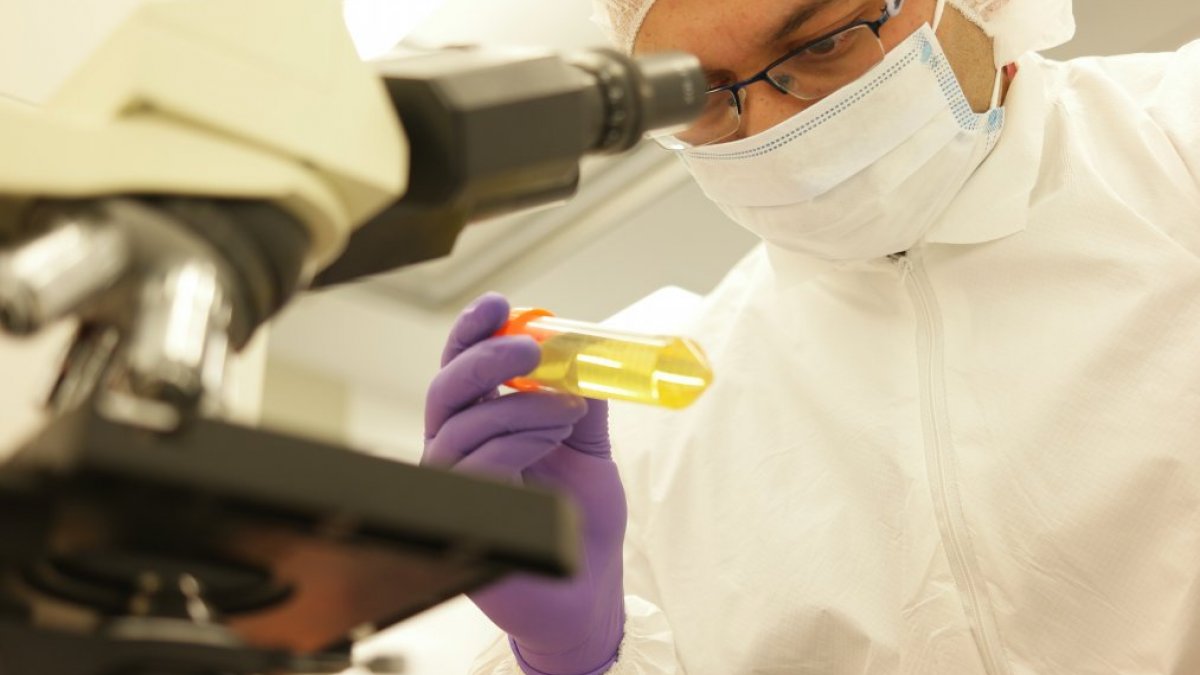Training tomorrow’s chemical weapons inspectors
At a time when the use of chemical weapons in Salisbury and Syria has made headline news, Surrey is at the forefront of a programme that promotes the use of peaceful chemistry.
This summer, the University will once again play an integral part in the Organisation for the Prohibition of Chemical Weapons’(OPCW) programme that trains delegates from around the world as chemical weapons inspectors.

Associates from 121 OPCW member states with developing and transition economies spend three weeks at Surrey, including time at the Fluor Pilot Plant, which gives the University’s Chemical and Process Engineering students practical experience of running a real chemical company, using the equipment and technology found in industry.
A team of experts will give delegates hands-on experience of how a chemical production plant operates, what to look out for when on an inspection, and how to process and prepare paperwork that will be vital to future work as a representative under the Chemical Weapons Convention.
Rex Thorpe, Professor of Chemical Engineering, said: “With the worrying news of the Salisbury nerve agent attack and sustained volatility in the Syrian region, it is ever more important that the international community continues to develop the skills and capabilities of the next generation of chemists and chemical engineers in promoting the peaceful uses of chemistry.”
By the end of their time with us, participants will have an understanding of how to run and be a part of a successful chemical engineering plant. It’s a great honour to be working with the OPCW, an organisation which won the Nobel Peace Prize for its efforts.
Dr David Faraday, Director of Evolve LEADTEAM Ltd, delivering the course